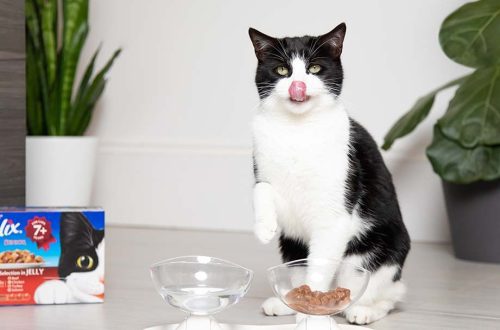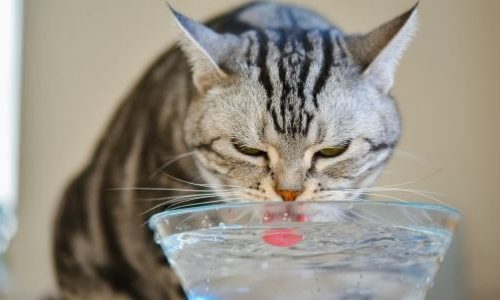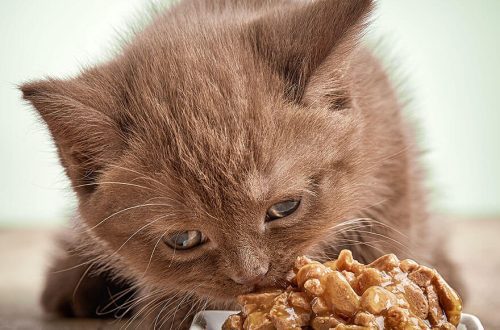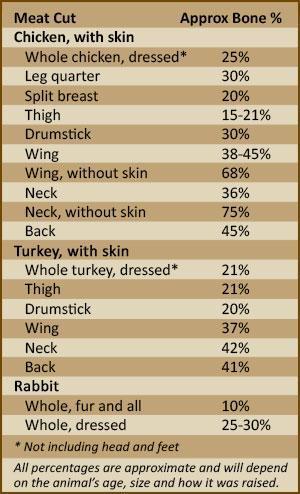
The rate of calcium in the cat’s diet
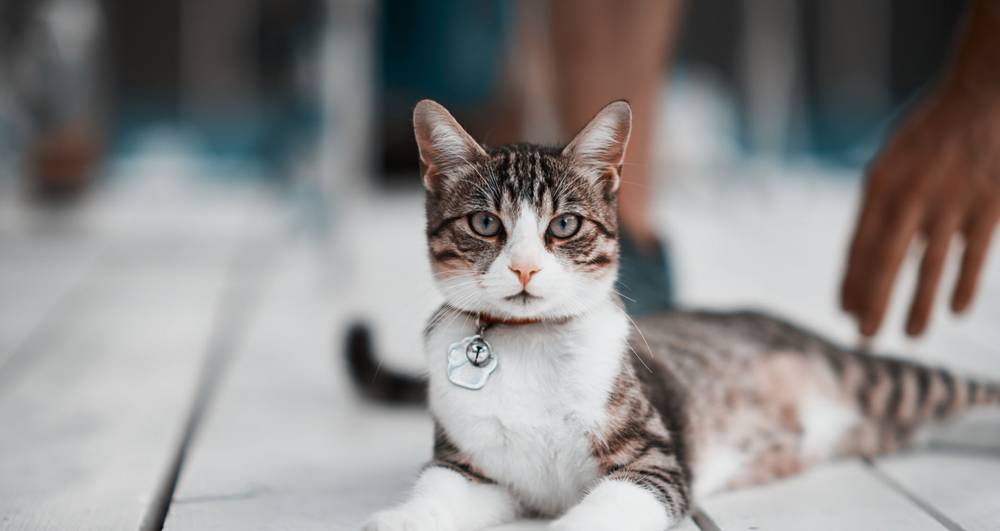
Deficiency and excess
Calcium must be supplied to the pet’s body in a strictly defined amount. If it is not enough, then the animal begins to have health problems. For example, the deficiency of this element in the body of a kitten leads to pathologies in the development of the skeleton. In turn, in an adult cat receiving little calcium, the bones become more fragile, which is fraught with fractures. Moreover, mature individuals run the risk of experiencing unpleasant symptoms within 5 months after the onset of calcium deficiency, and in growing animals they appear even more rapidly.
Excess calcium also harms the pet, causing bone pathologies and osteochondrosis. But here it should be noted that at certain periods of life, cats need to receive just an increased amount of the substance with food. Similar needs are experienced by kittens and animals during lactation.
As scientists have established, an adult cat needs calcium per day at the rate of 45 mg per kilogram of body weight. That is, an individual weighing 4 kg should receive 180 mg of calcium per day. But for kittens, who need an element for harmonious growth and strengthening of the skeleton, 440 mg of calcium per kilogram of body weight per day is already recommended.
Correct proportions
In general, dairy products are especially rich in this element. It is also present in white cabbage and broccoli, bones of mammals, birds and fish. Calcium is also found in mineral salts, such as calcium sulfate or calcium carbonate. However, the listed foods should not be given to cats for various reasons: for example, all this is not balanced in its composition, and the bones are completely dangerous because they can harm the esophagus and stomach of the animal.
And if so, then the most appropriate source of calcium for a pet is ready-made feed, in which it is included. Felix, Sheba, Ontario, Applaws, Kitekat, “Our Brand” – there is no shortage of offers from various brands. Separately, it is worth noting special diets for kittens and lactating cats. These are, in particular, Royal Canin Mother&BabyCat or Whiskas wet rations for kittens with a whole palette of flavors.
The summary will be as follows: only industrial rations can guarantee that the pet receives enough calcium, avoiding its deficiency or excess.
Photo:



